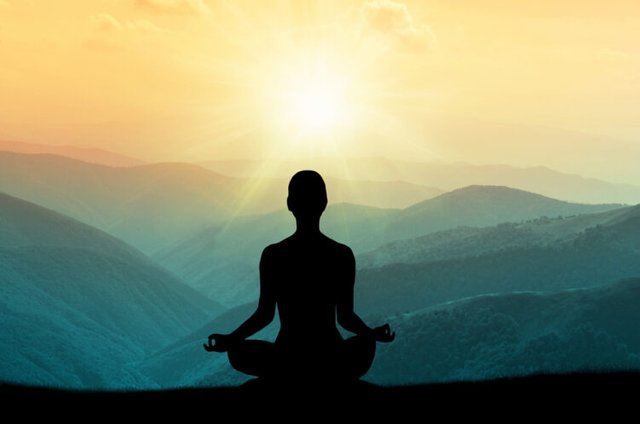
WHAT EXACTLY IS MINDFULNESS?
Care isn't simply a perspective about others and their perspective, however it can likewise be utilized a type of reflection. Utilizing Mindfulness Meditation permits you to zero in on the occasion, becoming mindful of your faculties and what you are feeling at that moment. At the point when you can zero in on that specific second, there is compelling reason need to attempt to decipher things or cause decisions about how you to feel.
You are just present.
CLICK HERE For ONLINE TRAINING https://cutt.ly/BGvyylQ
Assuming you have at any point concentrated on Eckhart Tolle or other otherworldly instructors, you understand that the current second is all that really exists. The past does not exist anymore, and the future has not yet come. So centering, being careful, existing apart from everything else, can help you unwind and take out pressure.
Contemplate constantly we spend anticipating, or agonizing over the future, thinking negative considerations about the past, stressing over everything we really want to do - get the children from school, make supper this evening, cover the bills, and so on. That large number of things are depleting and might actually be debilitating. At the point when you can be careful, you can take care of those things, and concentrate on the current second, which lessens your pressure and tension. Care reflection can be exceptionally strong!
For what reason SHOULD I MEDITATE?
For a really long time, otherworldly instructors and their understudies have been rehearsing reflection, and upholding its advantages. Presently, on account of advances in current science and medication, there are really numerous clinical preliminaries that logically back up these cases. It is astounding that for many years individuals have realized that reflection works, however there is generally a specific level of the populace that has to know how and why before they will trust it.
There are such countless examinations now that give experimental information with regards to the how and why of reflection, and its impacts on the body and cerebrum. Those reviews are assorted to such an extent that they should be in a different article all alone. In any case, do the trick to say that the general proof of these investigations show that contemplation is viable for decreasing pressure, uneasiness, agony, misery, and, surprisingly, a large group of "clinical" conditions and infection.
WHEN AND HOW OFTEN SHOULD I MEDITATE?
There is likely no such thing as an excess of reflection, particularly assuming you are battling with any of the issues recently referenced. Studies have shown that there are sure seasons of day when contemplation might be more compelling than others. Those times are the point at which the cerebrum is radiating sure waves that empower it to be more responsive to idea and contemplation. Books have been composed on that theme alone, yet for our motivations, for the vast majority that time is before you hit the hay, or right when you get up in the first part of the day. During those times your mind is discharging the legitimate waves and creating the appropriate compound to permit the fog benefits from contemplation. Be that as it may, as Dr. According to joe Dispenza, "a terrible contemplation can't really exist."
The most effective way to foster your care reflection routine is to rehearse, practice, practice. Do as such, and you might be genuinely astonished with the outcomes.





